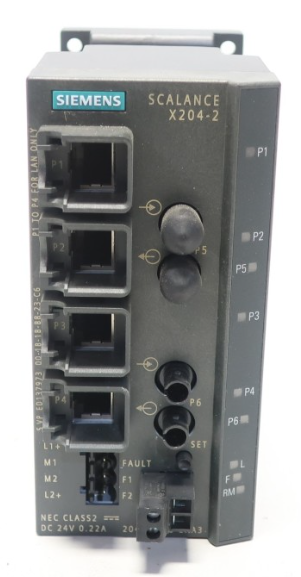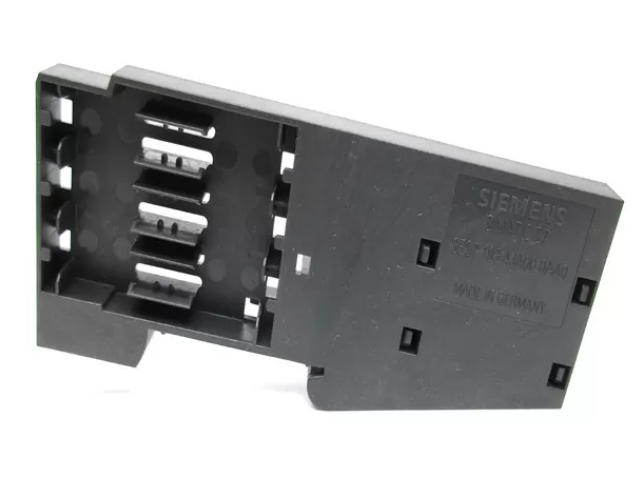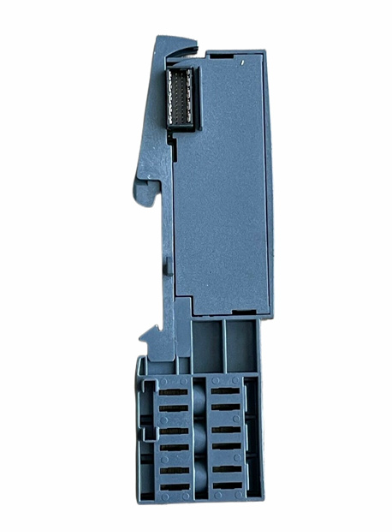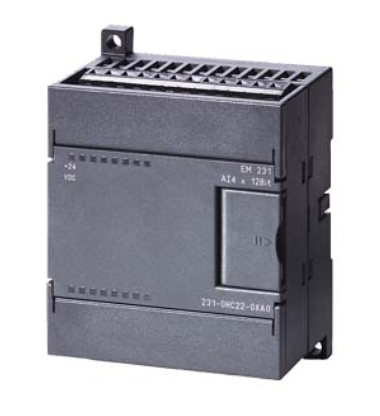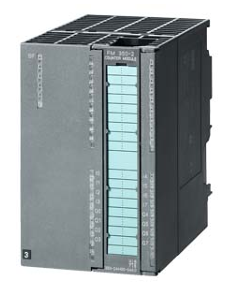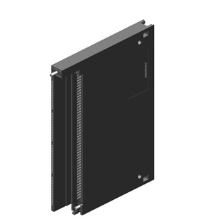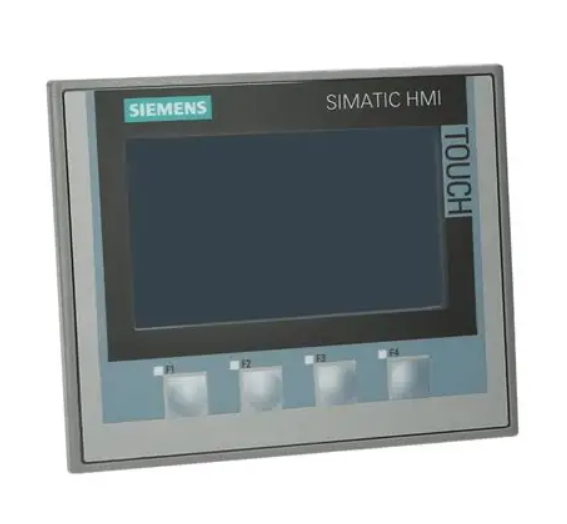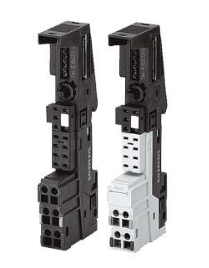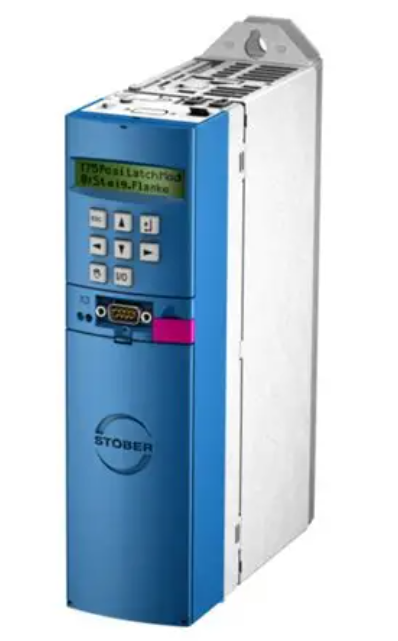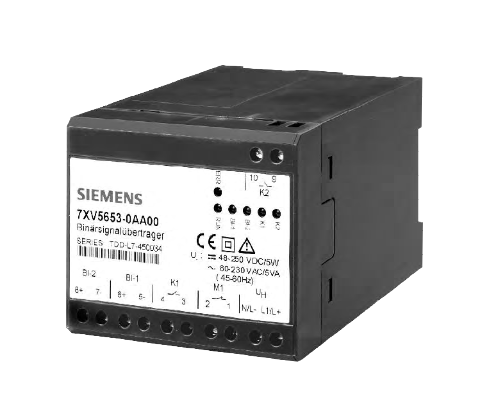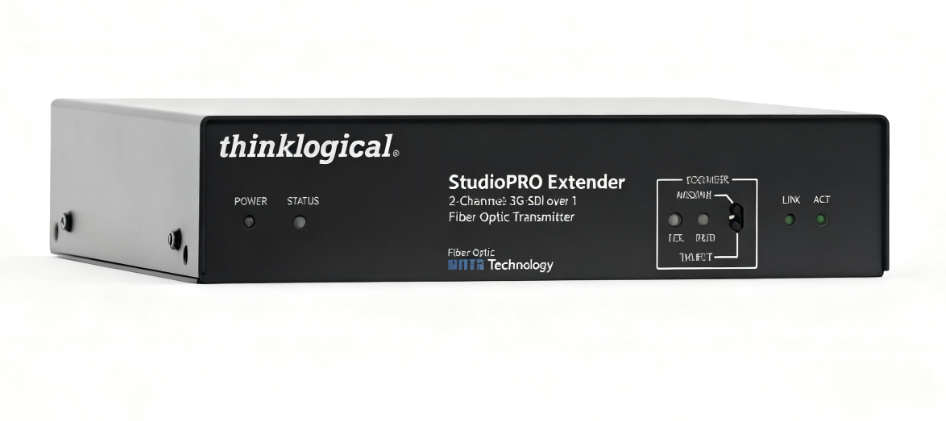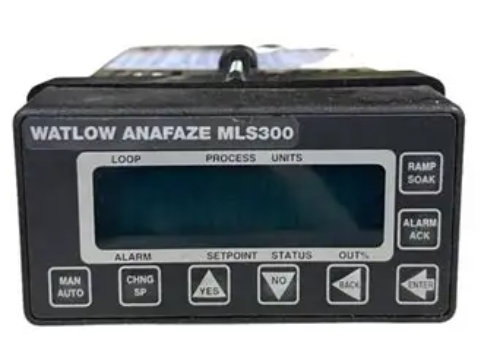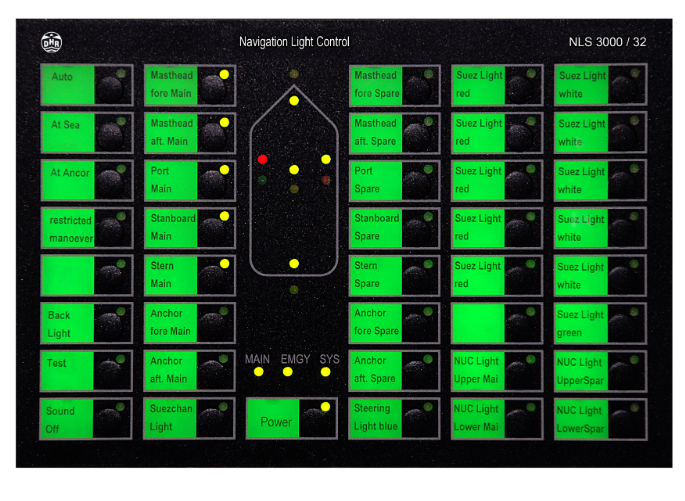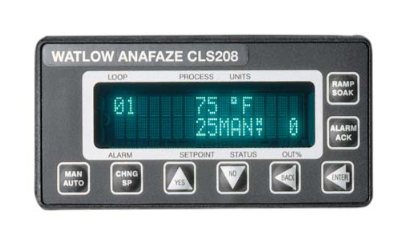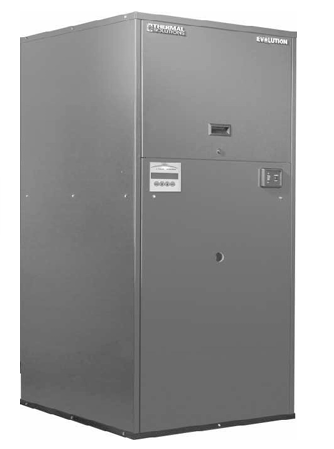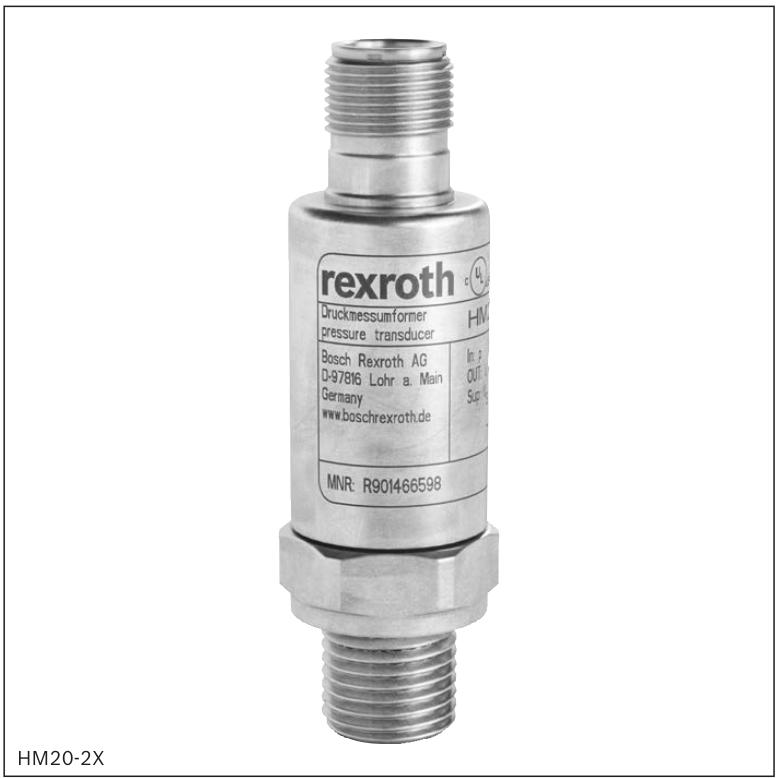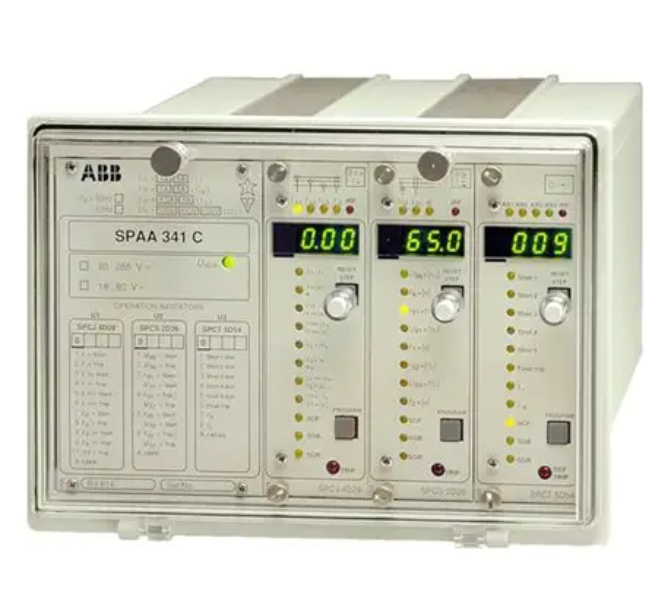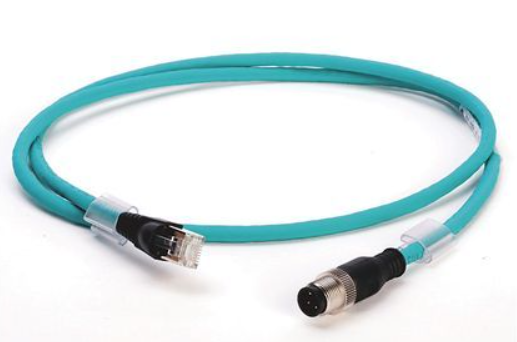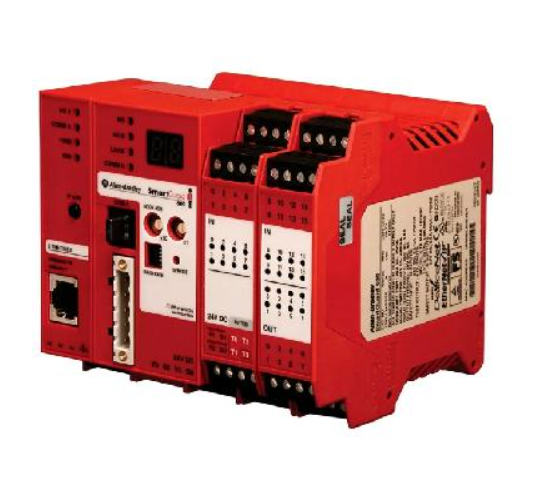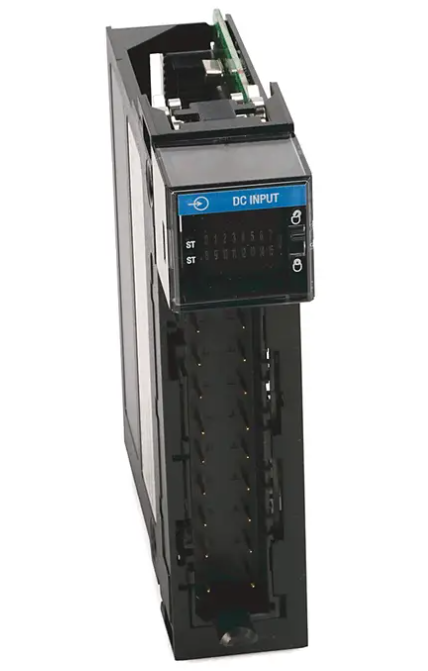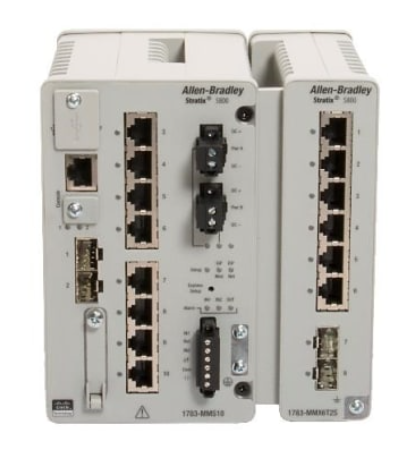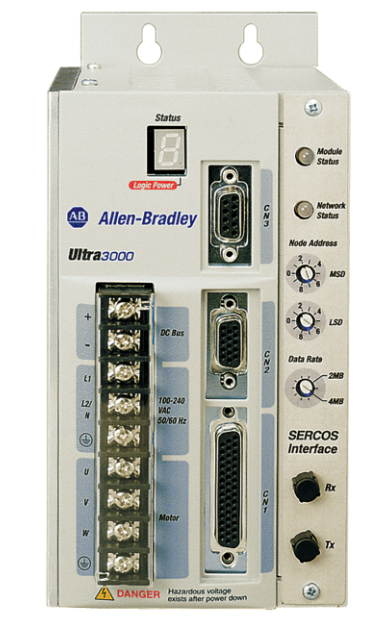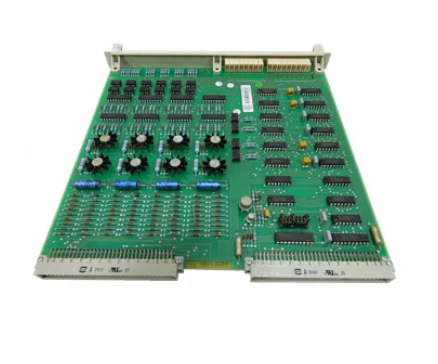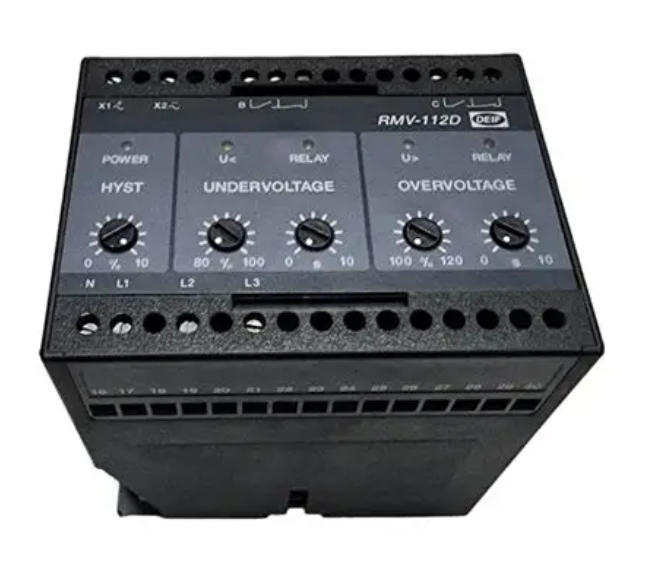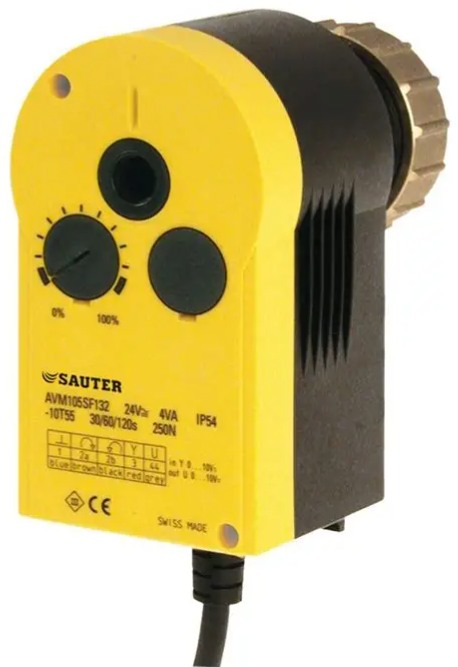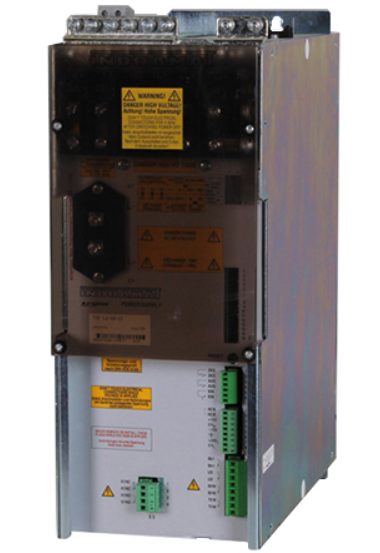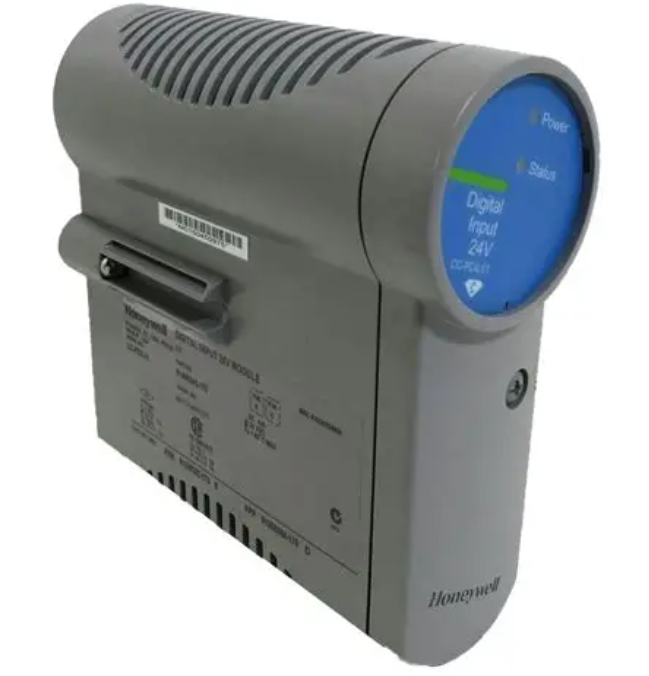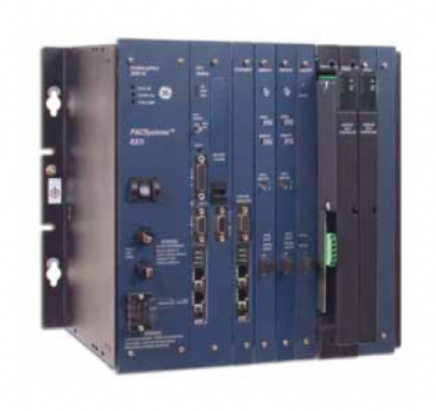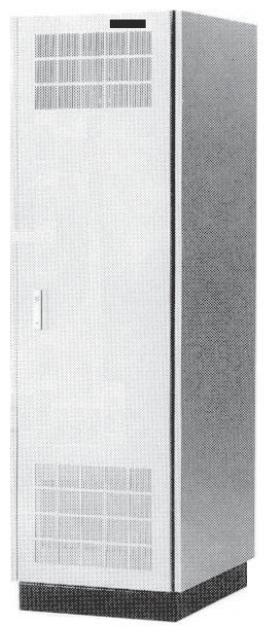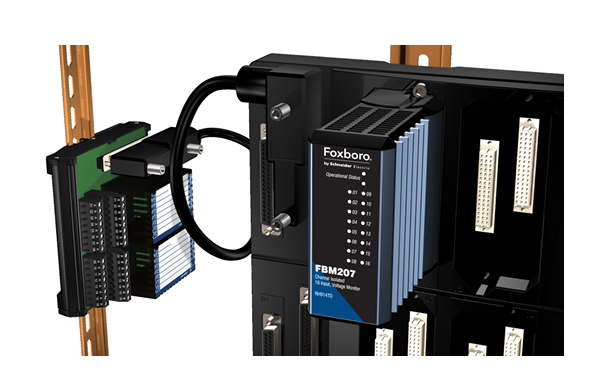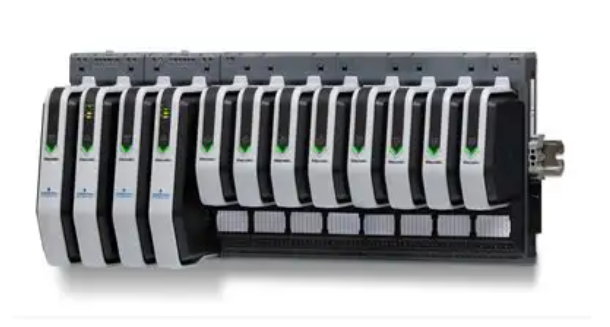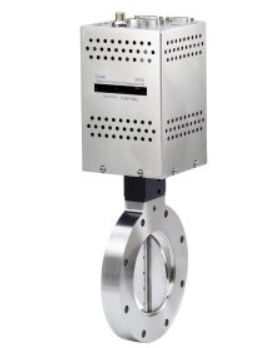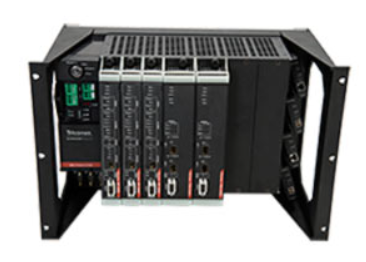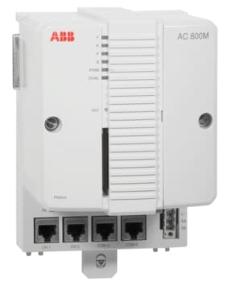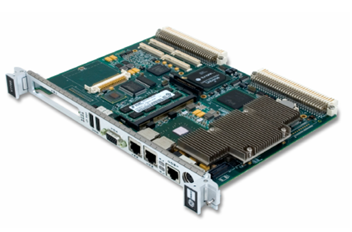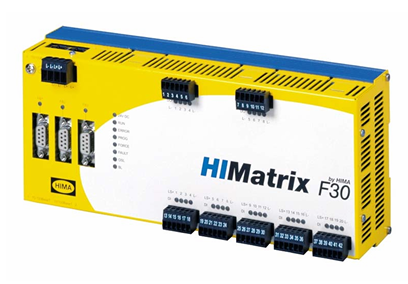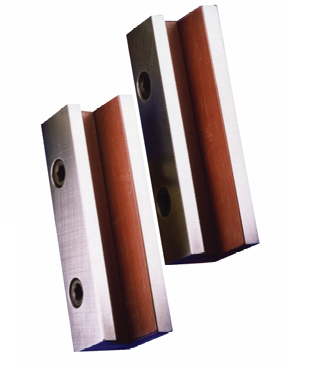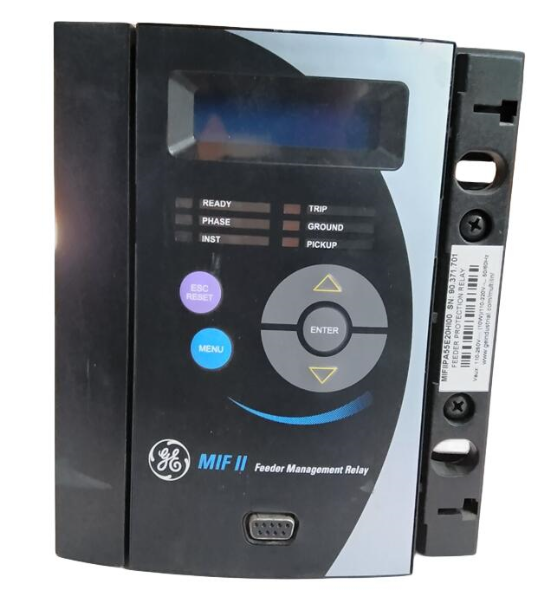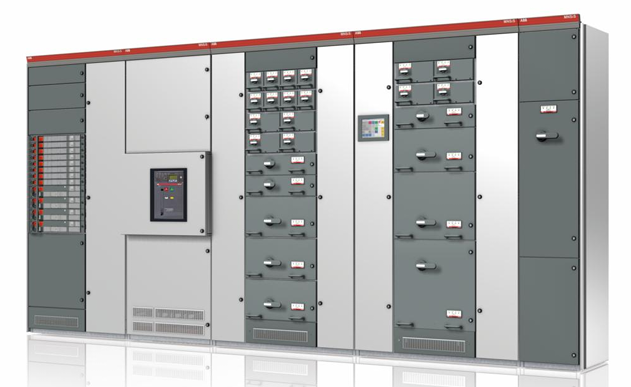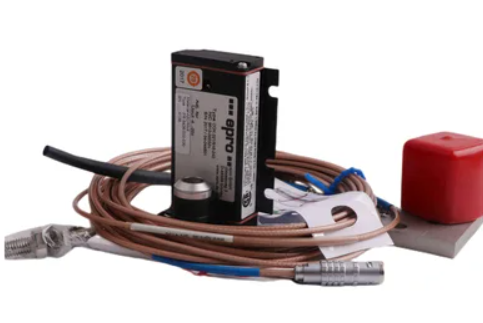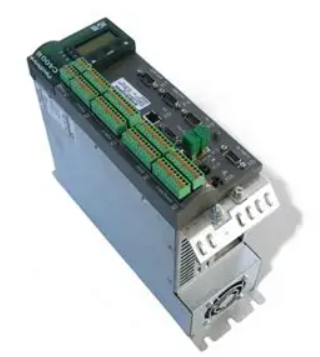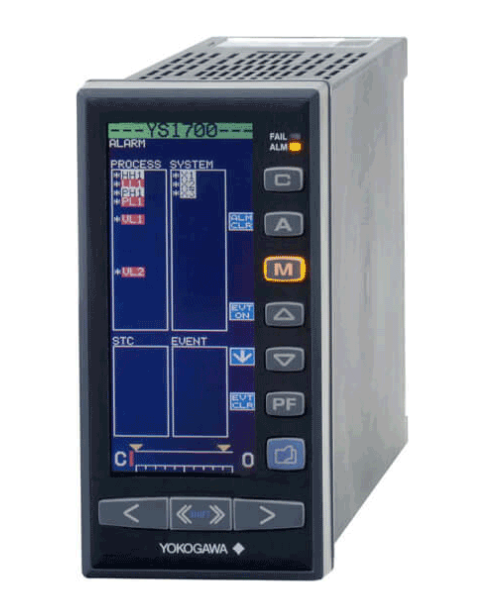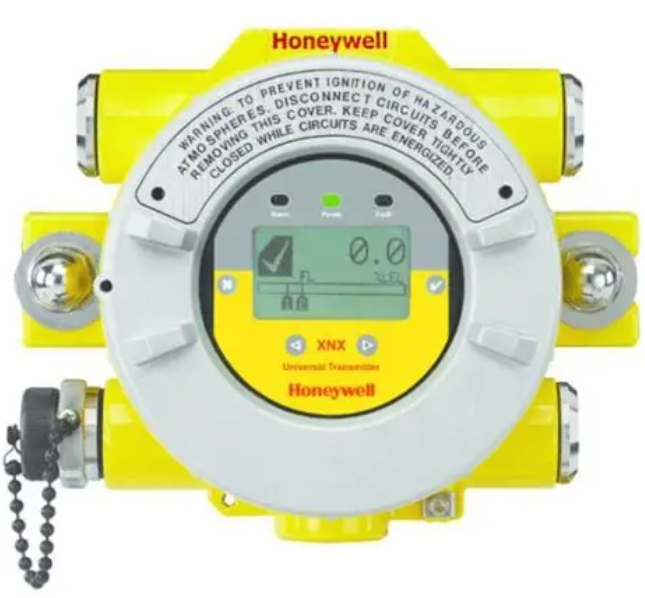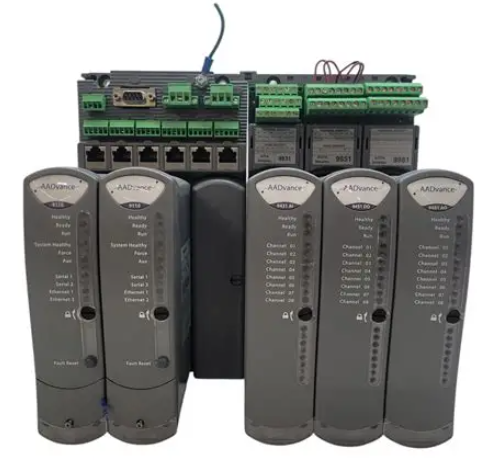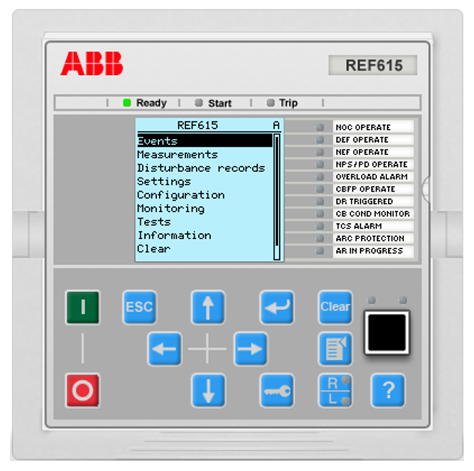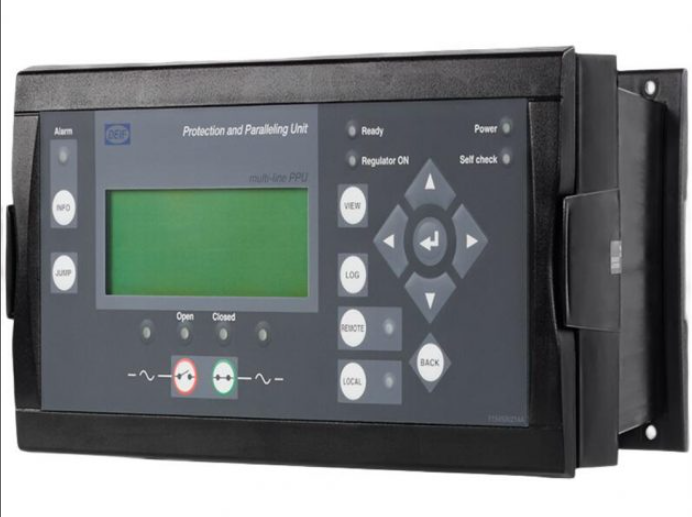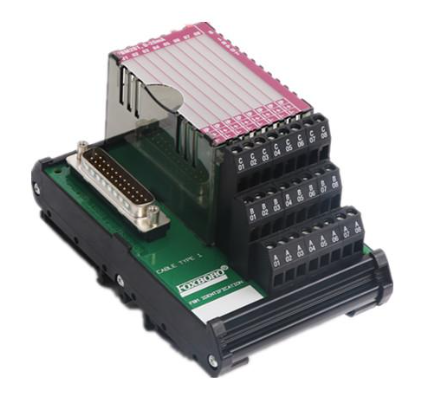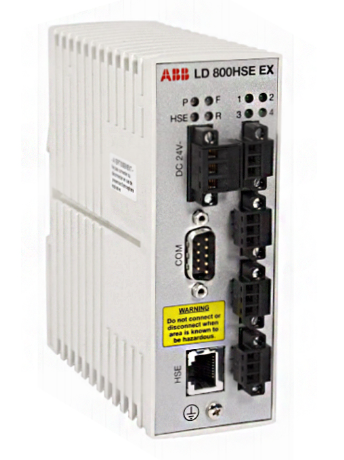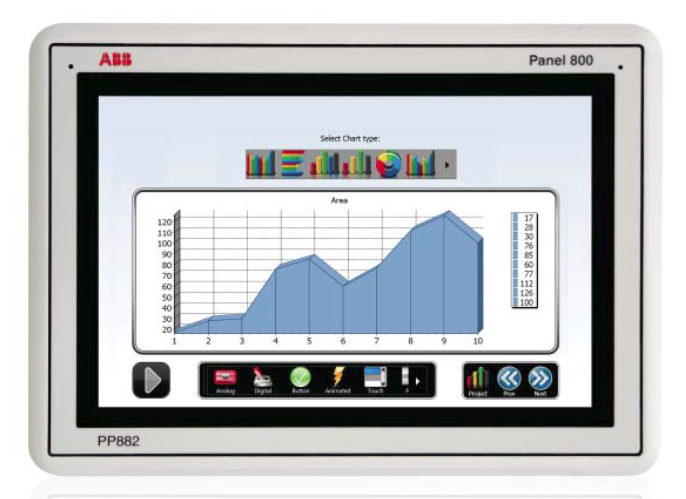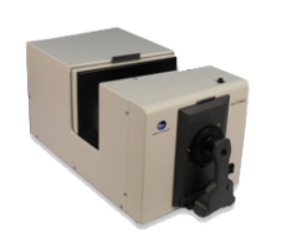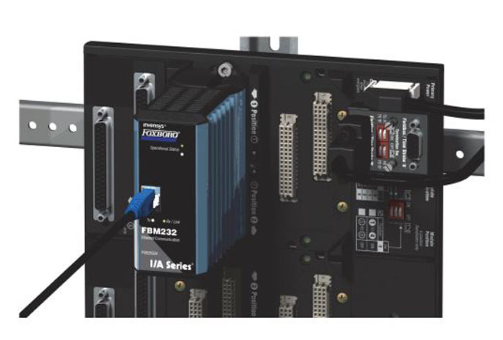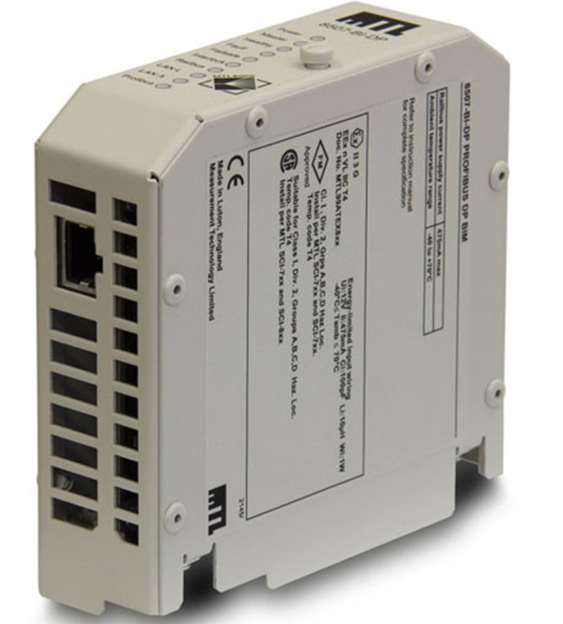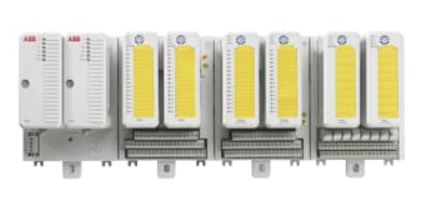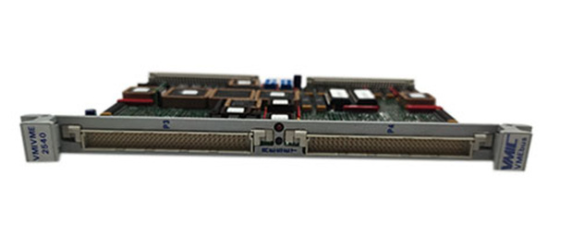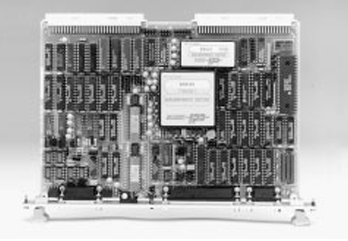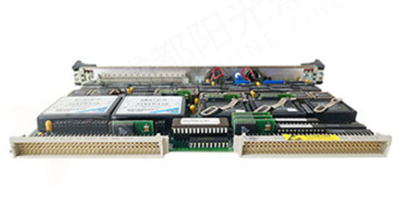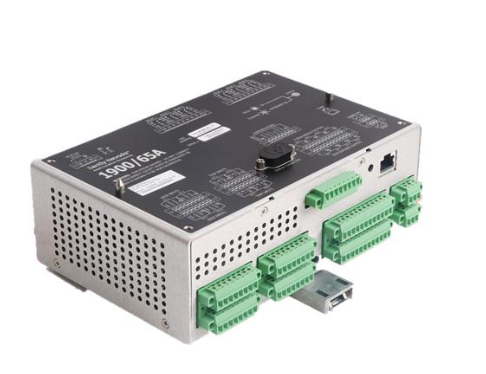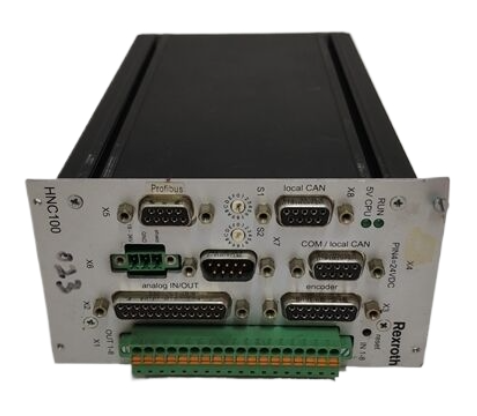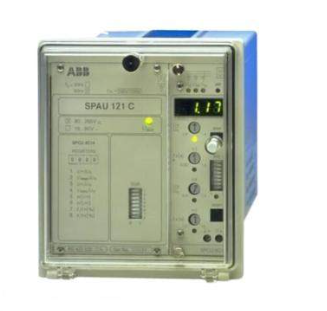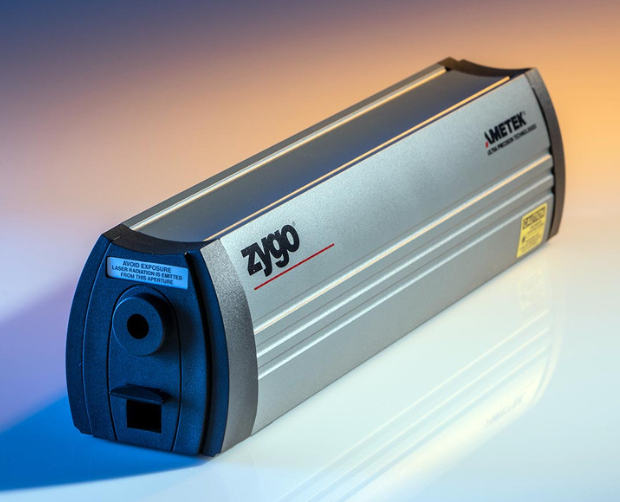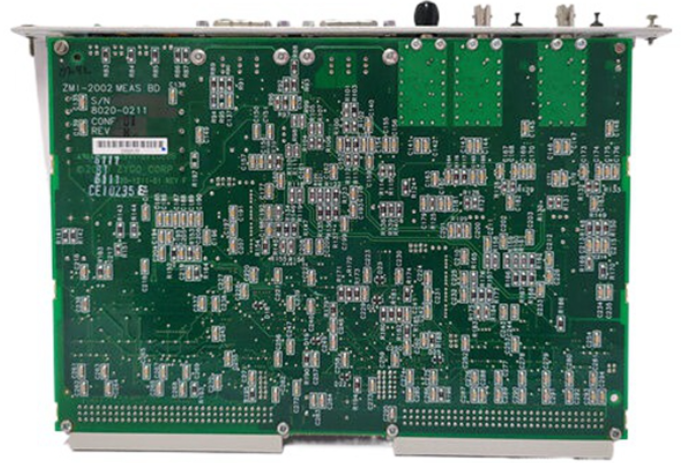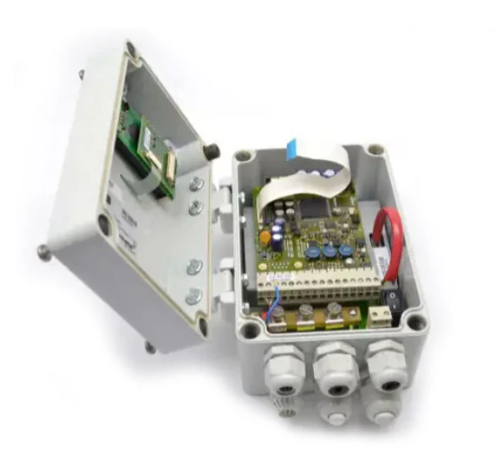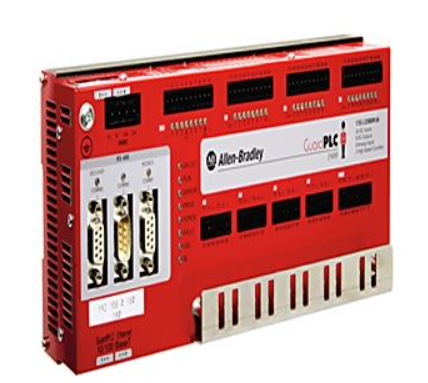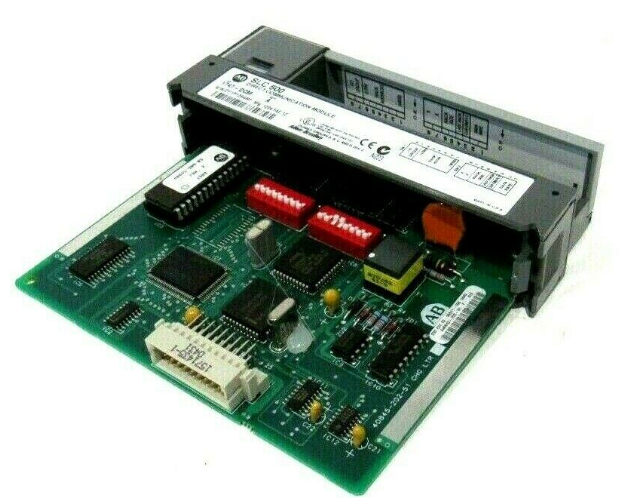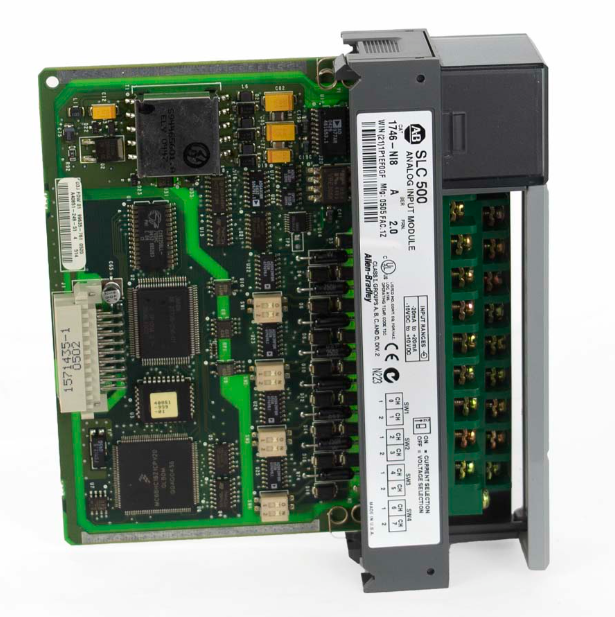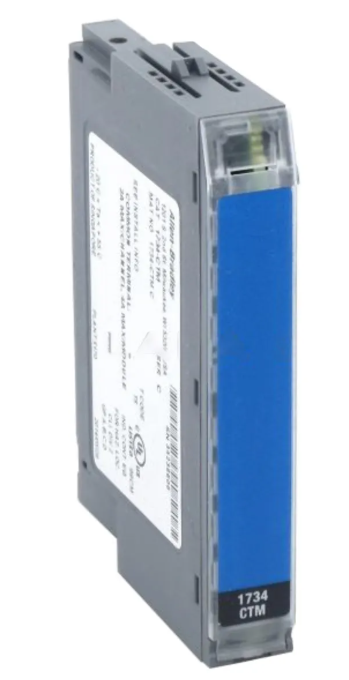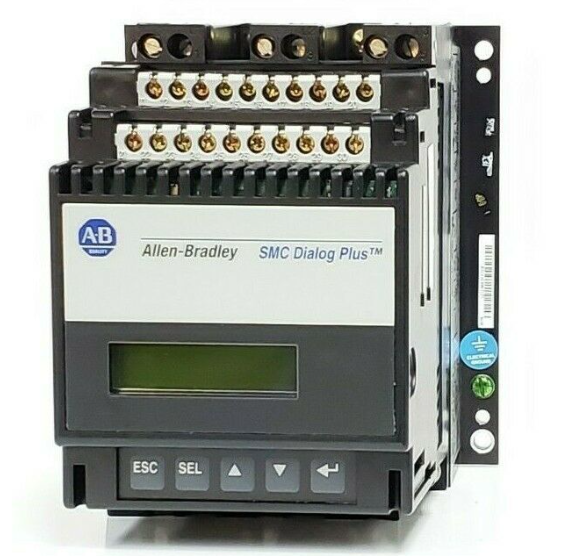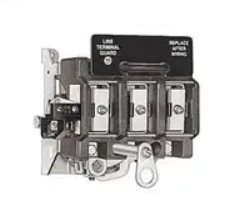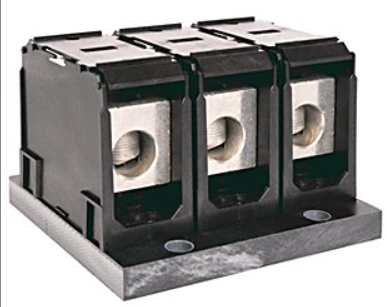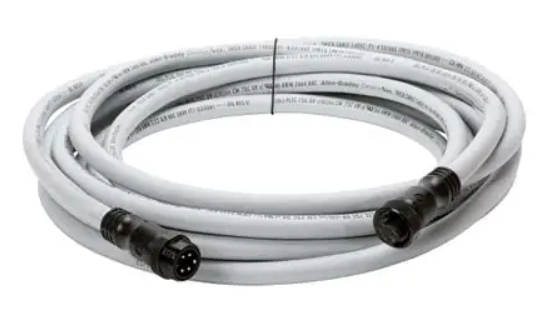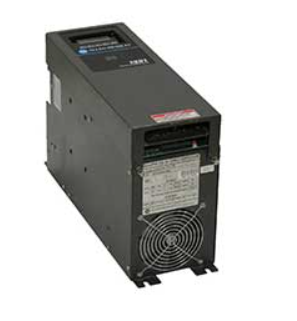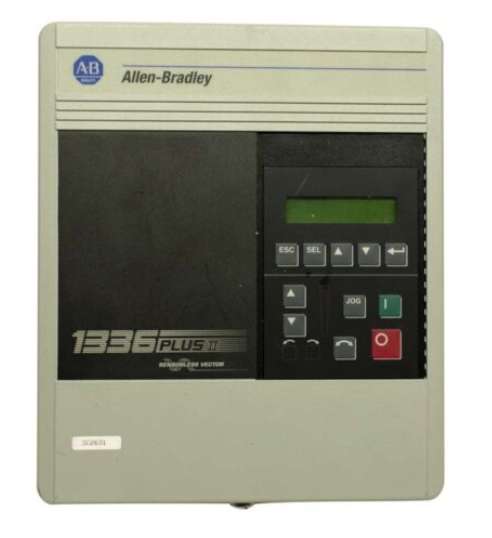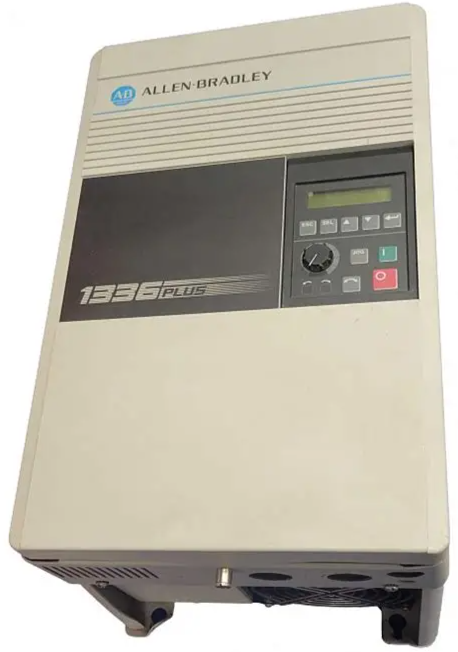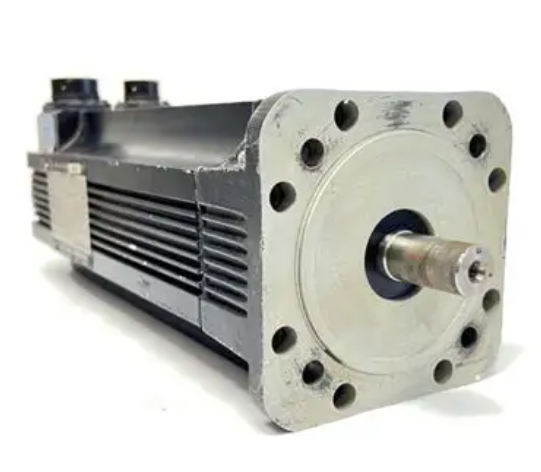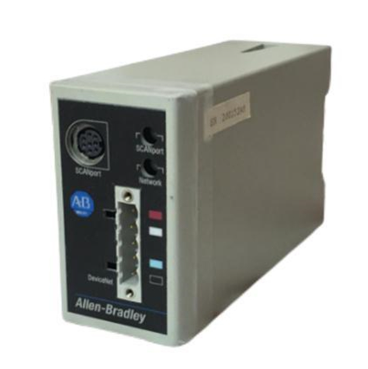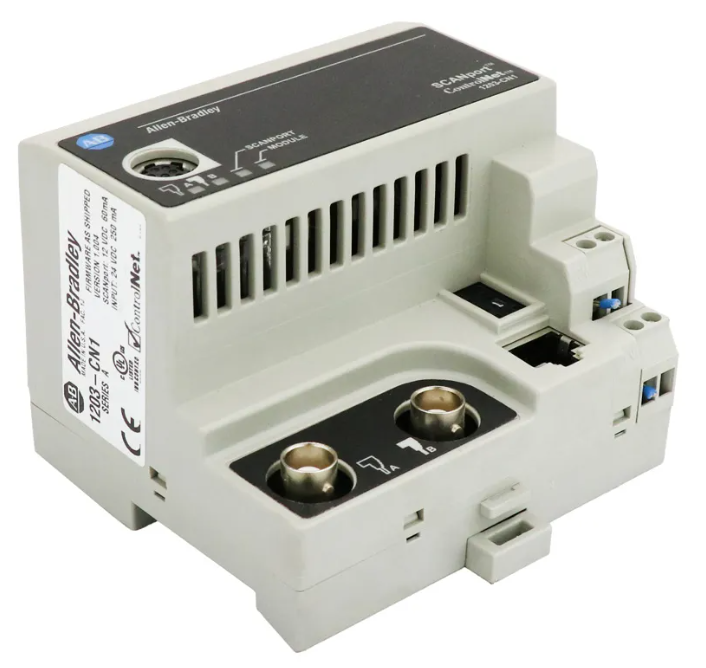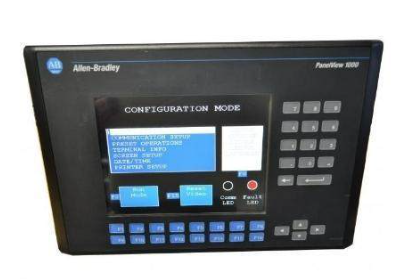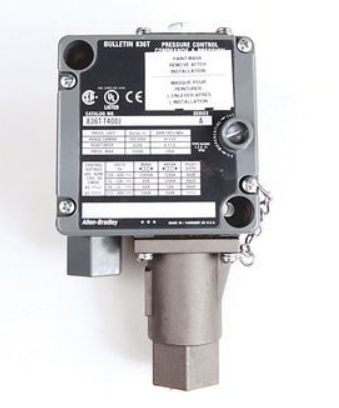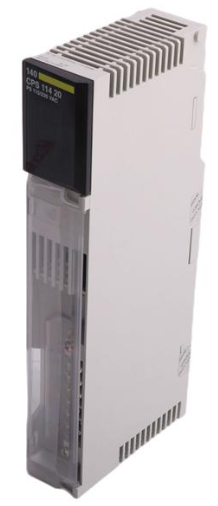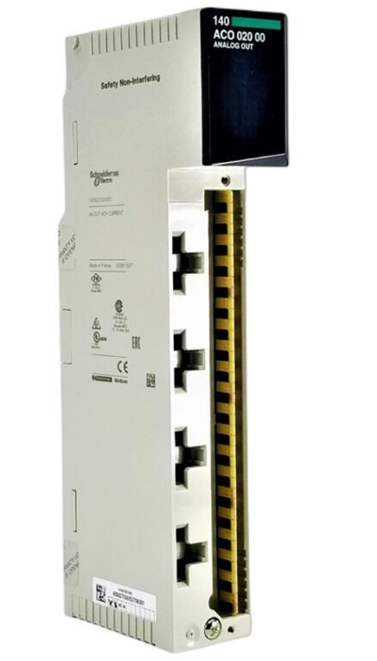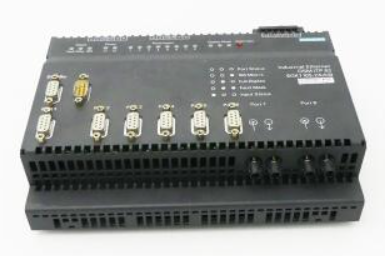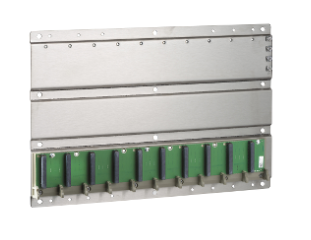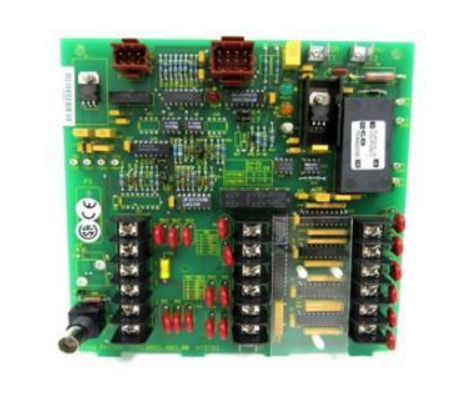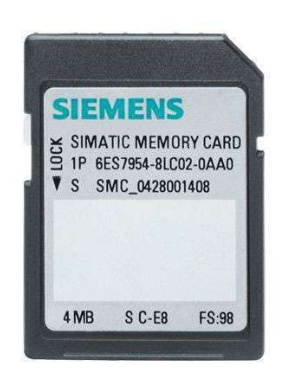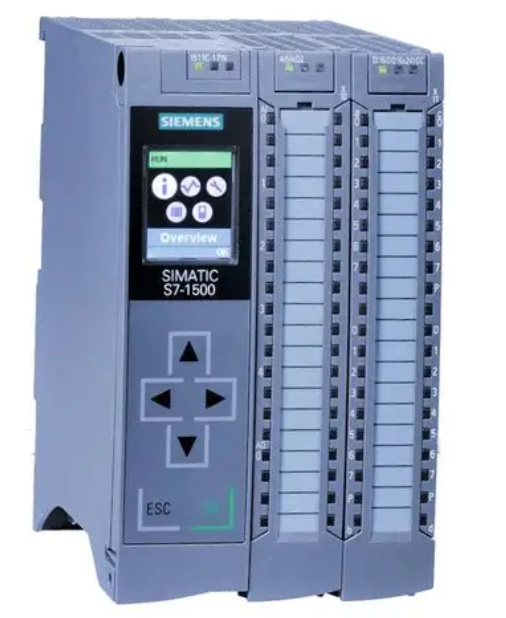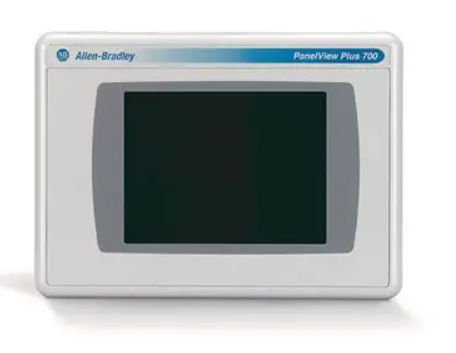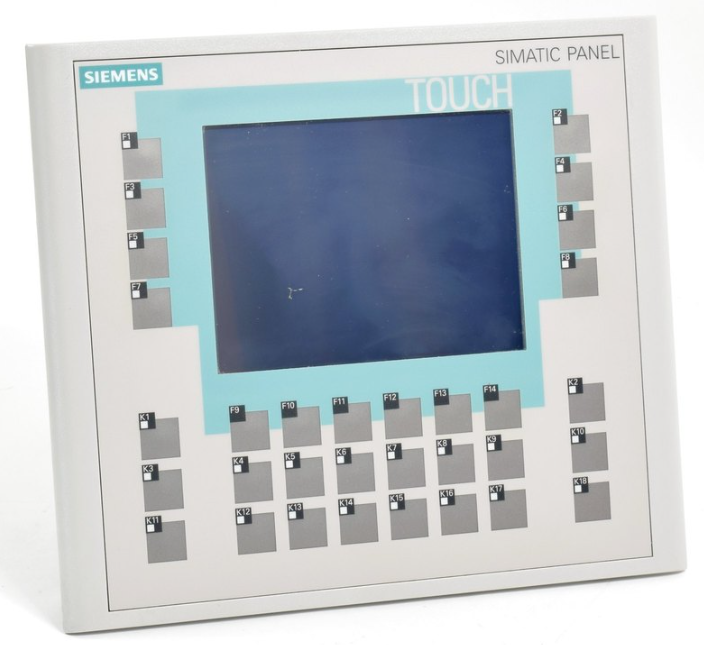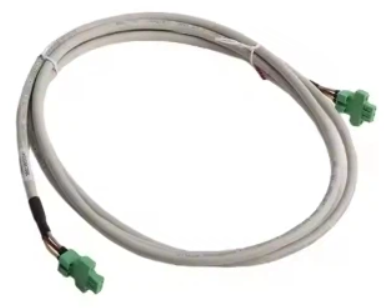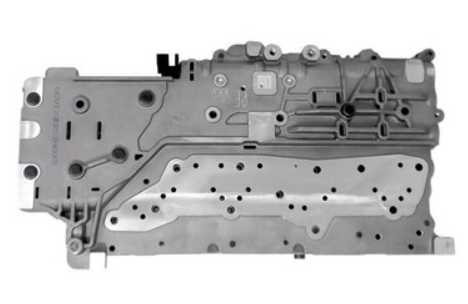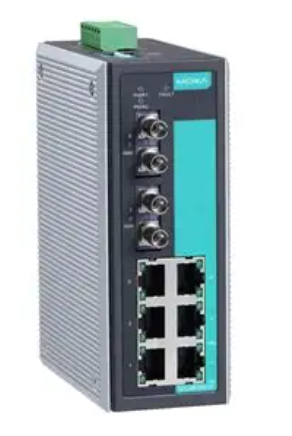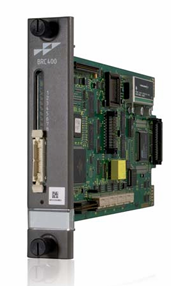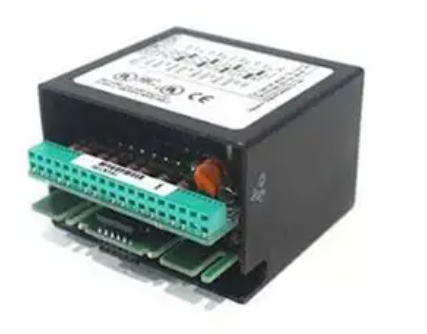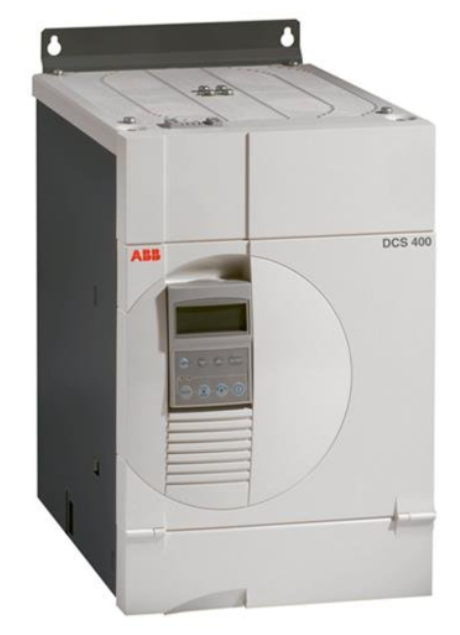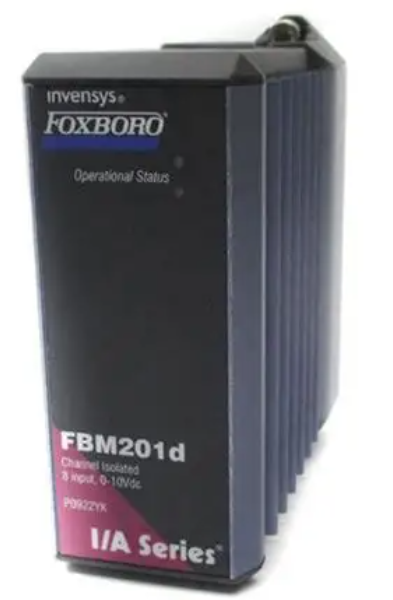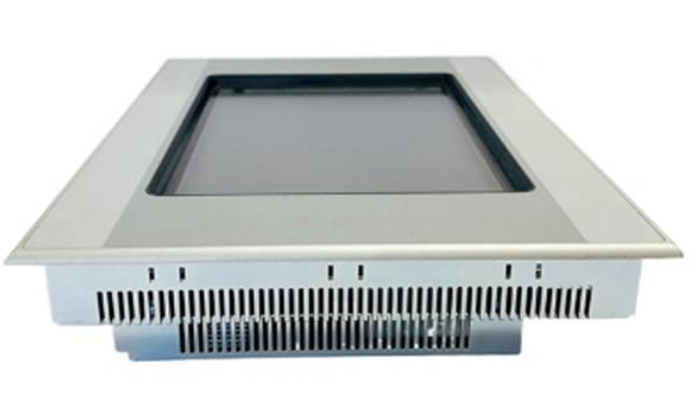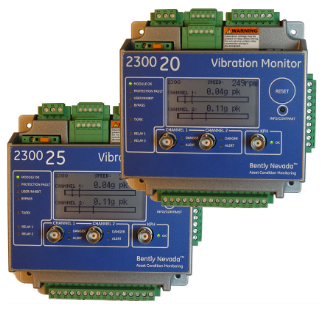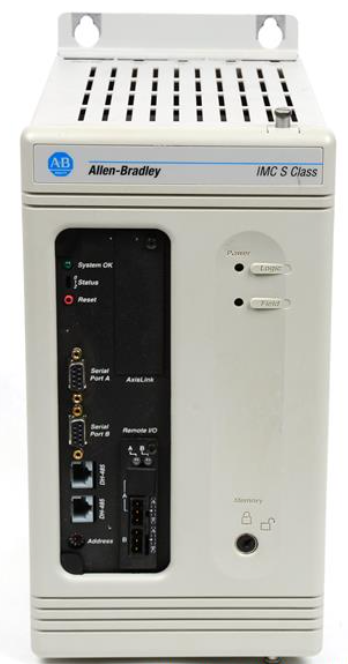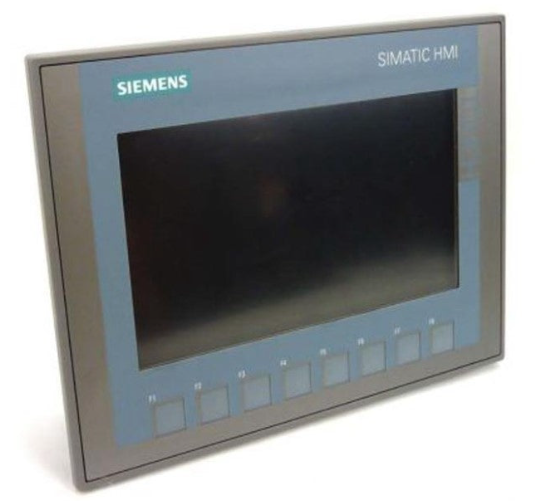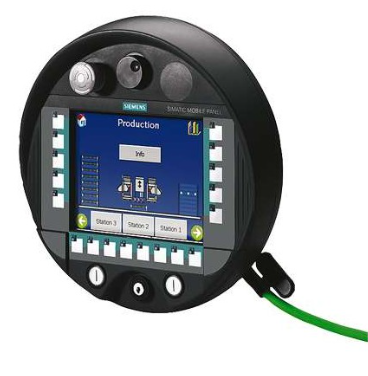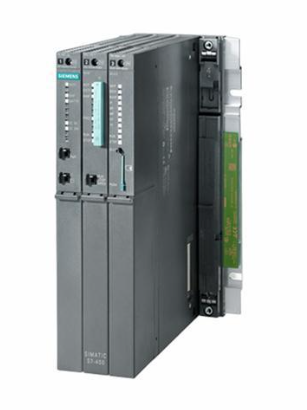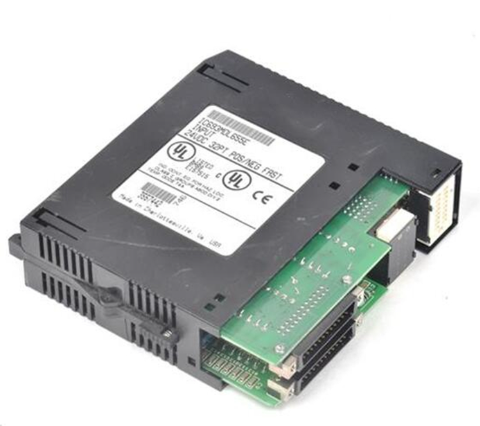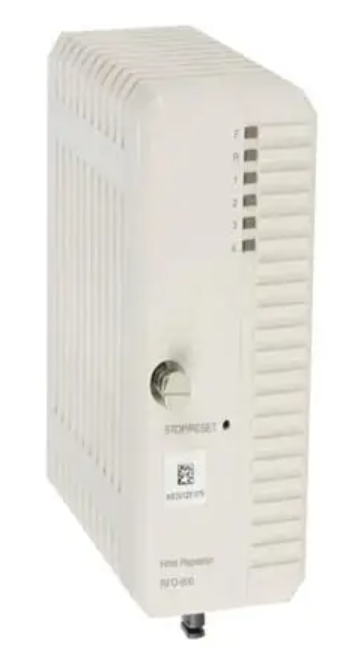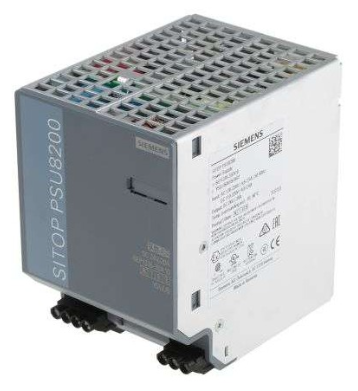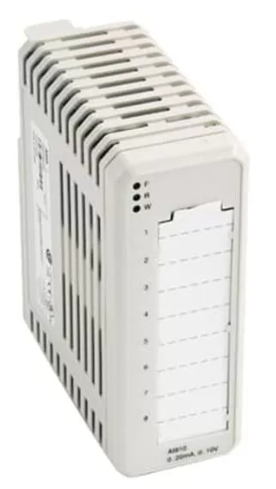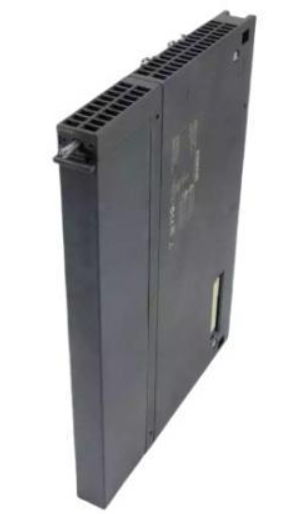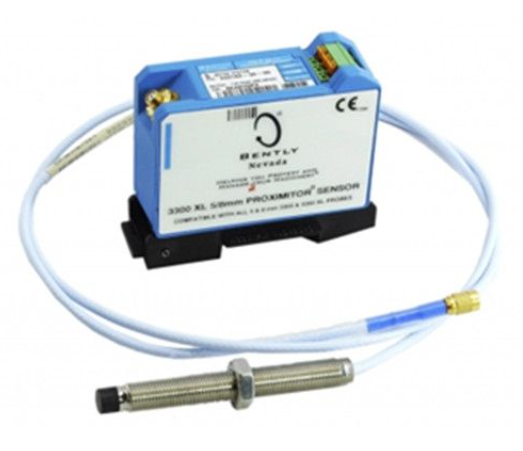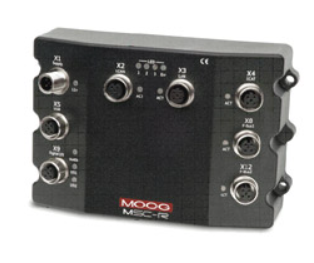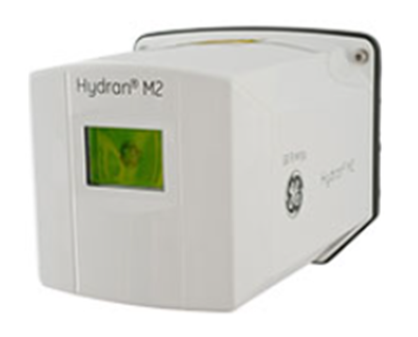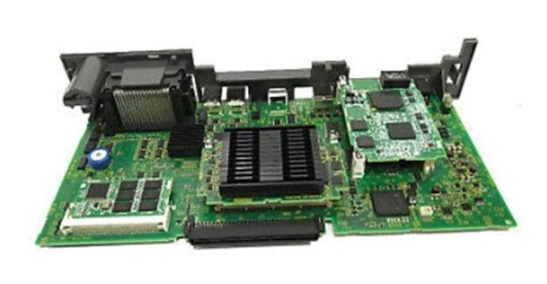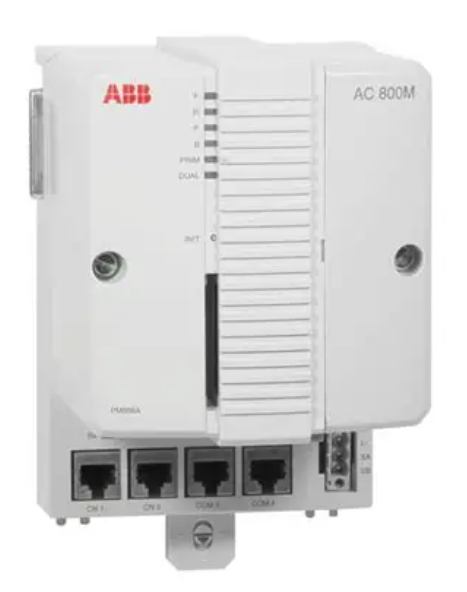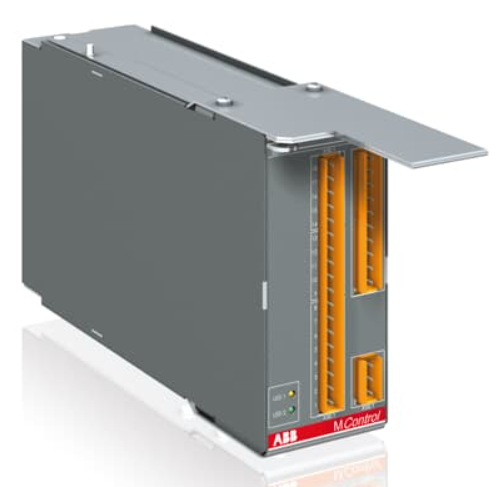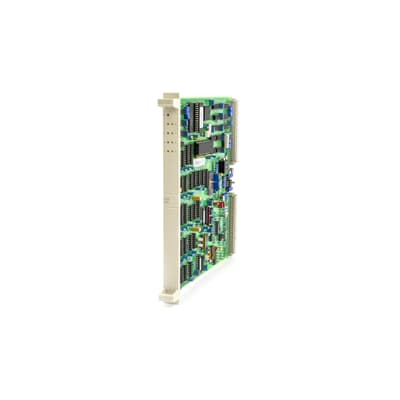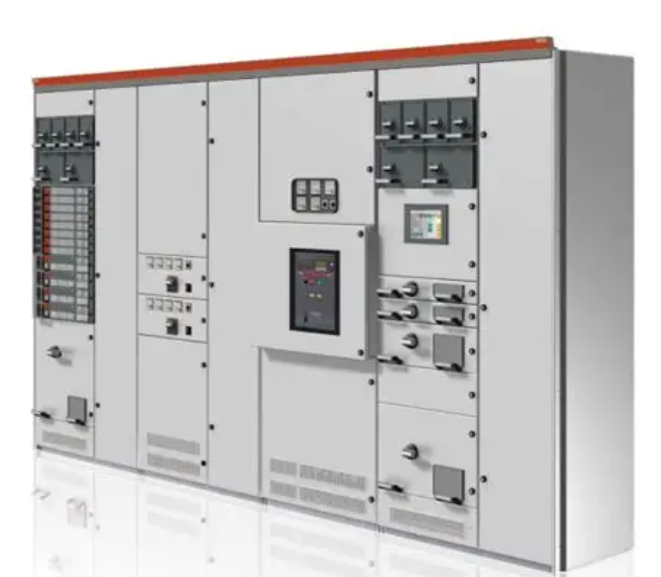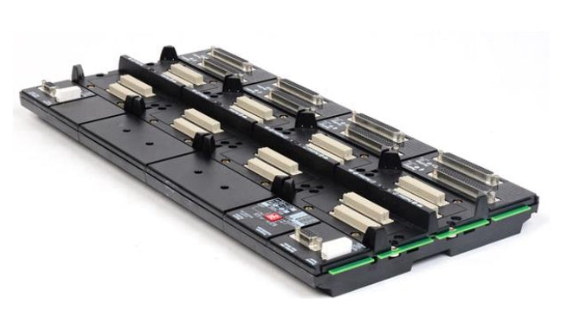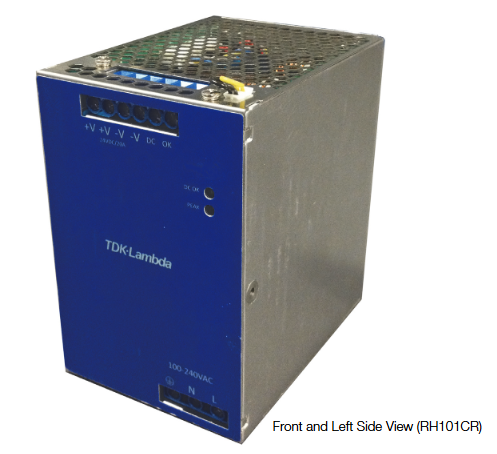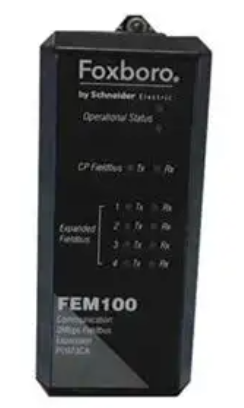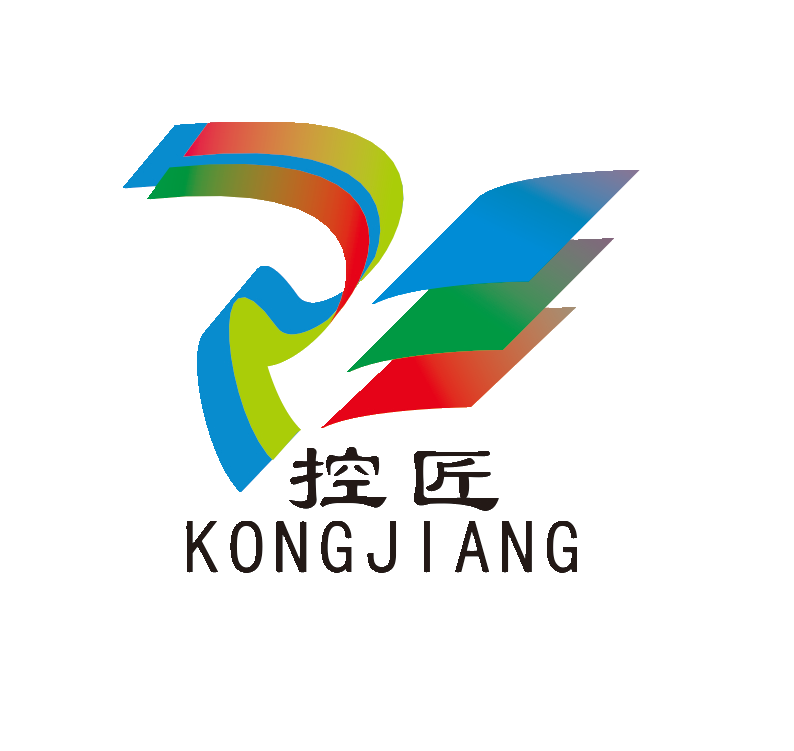

K-WANG


Applied Materials 024-18899 - AMAT0/STLHEAD H. Ex. Hose 50ft, Blue Kit For Endura
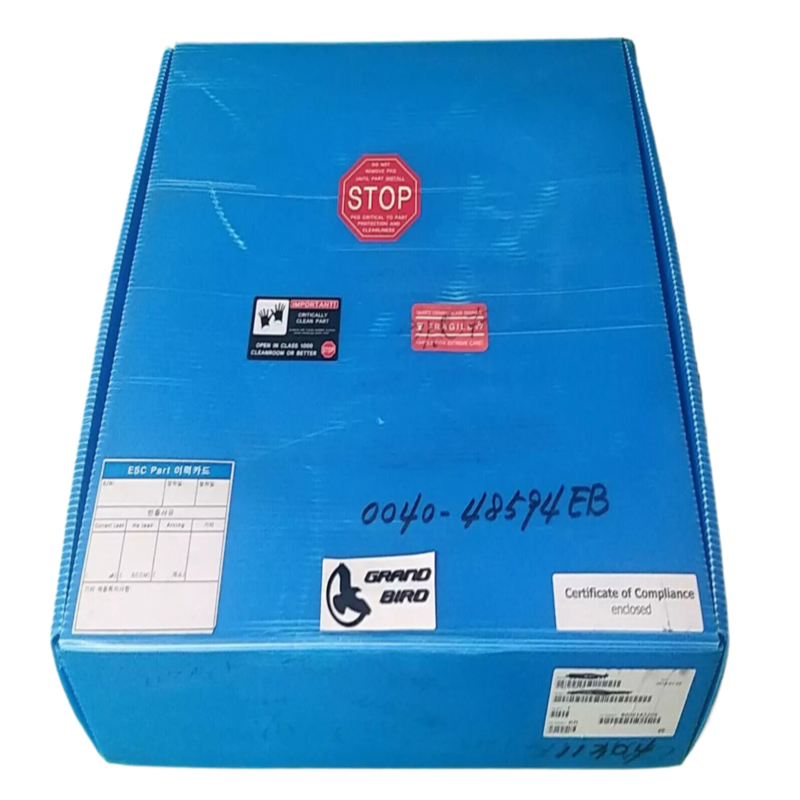
The Applied Materials 024-18899 is a robust automation component engineered to meet the demanding needs of the power industry, petrochemical sectors, and general automation applications. Designed with precision and durability at its core, this model delivers exceptional input/output capacity and performance, making it a vital asset in complex industrial environments where reliability and efficiency are non-negotiable.
Key technical features of the Applied Materials 024-18899 include a high-density I/O configuration capable of handling extensive signal loads seamlessly. Its advanced processing capabilities allow rapid data acquisition and control signal exchange, ensuring minimal latency in automation sequences. Constructed with industrial-grade materials, the 024-18899 exhibits outstanding resistance to harsh operating conditions such as extreme temperatures, vibration, and chemical exposure, common in petrochemical and power generation plants. This durability translates into reduced maintenance cycles and enhanced operational uptime, critical for industries where downtime directly impacts productivity and safety.
Performance metrics for the 024-18899 highlight its superior throughput rates and stable communication protocols, ensuring compatibility with diverse control systems and seamless integration into existing automation frameworks. It supports multiple communication standards, facilitating interoperability across various equipment types found in general automation and specialized power plant installations.
In real-world scenarios, the Applied Materials 024-18899 excels in monitoring and controlling complex processes such as turbine operation in power generation, chemical reaction monitoring in petrochemical plants, and automated assembly lines in manufacturing. Its precise input/output management allows operators to maintain tight control over process variables, enhancing product quality and operational safety. For example, in the power industry, the 024-18899 efficiently manages the interface between sensors and control systems, enabling real-time adjustments that optimize energy output and reduce wear on critical components. Similarly, in petrochemical applications, it supports intricate valve controls and pressure monitoring, ensuring stable and safe chemical processing.
When compared to other models within the Applied Materials portfolio, the 024-18899 stands out for its balanced combination of high input/output density and environmental resilience. While models such as the Applied Materials 0010-29842 and Applied Materials 0190-02031 offer reliable automation functions, the 024-18899 integrates enhanced signal processing speeds and extended operational durability, making it particularly suited for environments with stringent performance demands. Unlike the Applied Materials 0100-09023 and Applied Materials 0010-15669, which cater more to standard automation tasks, the 024-18899 is optimized for heavy-duty applications requiring continuous operation under challenging conditions.
Complementing the Applied Materials 024-18899 in automation setups are models like the Applied Materials 0020-20431 and Applied Materials 0010-28719, which provide additional interface modules and expansion capabilities. For more specialized control needs, the Applied Materials 0190-11913 and Applied Materials 0010-01422 offer enhanced signal conditioning and diagnostic features that can be integrated alongside the 024-18899 for a comprehensive automation solution. Additionally, the Applied Materials 0100-20003 REV G and Applied Materials 0010-26029 contribute advanced communication protocol support, further extending the system’s versatility. The Applied Materials 0021-07482 and Applied Materials 0200-03313 also serve as valuable companions, delivering auxiliary control functions and redundancy options.
In terms of applications, the 024-18899’s adaptability makes it an excellent choice across varied automation landscapes. Its role in the power industry includes managing input signals from sensors monitoring voltage, current, and temperature, providing operators with accurate data to maintain grid stability. In petrochemical plants, it facilitates the control of pumps, compressors, and safety interlocks, crucial for maintaining process integrity and compliance with safety regulations. For general automation, the unit supports robotic control systems and assembly line automation, ensuring precise coordination and timing.
The application of 024-18899 in power industry, petrochemical, and general automation underscores its importance as a core component within modern industrial automation ecosystems. Its integration capabilities and rugged design enable seamless performance where other models might falter. By choosing the Applied Materials 024-18899, businesses gain a dependable automation product that enhances operational efficiency and contributes to safer, more reliable industrial processes.
In conclusion, alongside the Applied Materials 024-18899, the broader Applied Materials automation products lineup—including models such as 0010-29842, 0190-02031, 0100-09023, 0020-20431, 0010-28719, 0190-11913, 0010-01422, 0100-20003 REV G, 0021-07482, and 0200-03313—provides a comprehensive suite tailored to meet diverse industrial needs. The 024-18899’s unique blend of input/output capacity, durability, and performance metrics ensures it remains a top choice for professionals seeking reliable automation solutions in challenging environments.
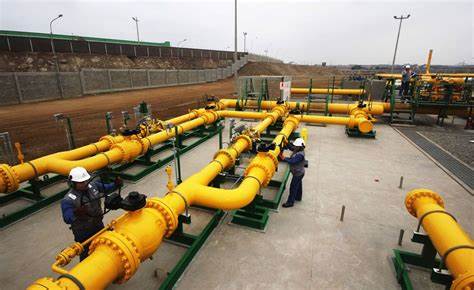
| User name | Member Level | Quantity | Specification | Purchase Date |
|---|






